The current pushes and pulls. My feet shift, incrementally, muscles tensing and then relaxing to the rhythms of the river. My fly line slides off into the depths, unseen, unknown, tenuous — searching for a seam I can’t quite make out. But it’s there. I sense it. I intuit it. I know it. A living seam in a living river, the same slice of equilibrium that might hold a steelhead on the Dean or a rainbow on the Henry’s Fork. Yet I’m not on the Dean, or the Henry's Fork, or the Yellowstone, or anyplace else in the known angling universe. I’m hard up against a crumbling rock wall, backed up against a cliff on the icy Kongakut with the Brooks range all around and the Arctic Circle a dim memory to the south.
Yesterday I saw fresh wolf tracks on a gravel bar. The day before I pitched my tent a couple yards from where a grizzly bear had ambled through, leaving prints the size of children’s nightmares in the sand. And everywhere I’ve wandered, from the river’s edge to the mountains that overlook the valley floor, I can feel the eyes of Gwich’in elders; men and women who no longer walk in the flesh but who still guard this inviolate land. They’ve watched over this place since the end of the last ice age, when my distant ancestors were still living in caves on the other side of the world.
I’ve never been anywhere like this, on a river that flows north into the Beaufort Sea, north into the Arctic Ocean, a river that slips through a land made whole by caribou and musk ox and griz. Think about that for a moment. A land made whole. There are snowy owls here, and wolves, and peregrine falcons, and a people who have lived in balance with their surroundings for ten thousand years.
A moment of uncomfortable honesty. If I dwell on that last fact too much, if I let the moldy words of some long-ago high school teacher surface from the depths of my subconscious — “Compare and contrast the indigenous Gwich’in culture with modern American society.” — I’ll lose it. I’ll go off the deep end. So I keep those thoughts under wraps, chained down and buried, and I do what I always do. I immerse myself in the river.
The current still pushes and pulls. My feet still shift, incrementally, muscles tensing and then relaxing to the rhythms of the river. My fly swings through the zone, prospecting, teasing the seams, and the memory of that last arctic char — six pounds of silver, with brilliant pink spots and fins edged in white — is so fresh that my entire body vibrates with anticipation. My focus condenses even further, hardening under the pressure of all that concentration until it crystalizes like some rare arctic gem. Time itself stands still.
Until everything shatters.
But it’s not a fish, not this time.
It’s something else.
Rocks just fell behind me, too loud to ignore.
Way too loud.
So I stop fishing, reaching out with my awareness, realizing the folly of total concentration in a land owned by bears, and I listen to the rocks. They’re still falling.
Another eternity, as I turn — the pepper spray on my wading belt momentarily forgotten — to three, five, eight ... no, fourteen Dall sheep.
For a while afterwards, I can hear the spirits of The Sacred Place Where Life Begins — what the Gwich’in call “Iizhik Gwats’ an Gwandaii Goodlit” — laughing in the wind.

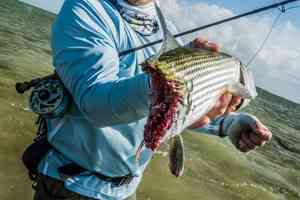
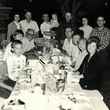

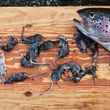

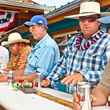
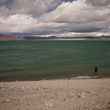



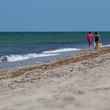
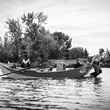
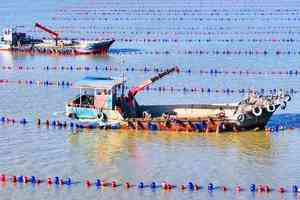
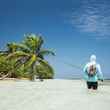

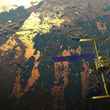
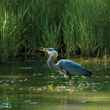



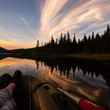
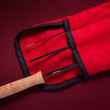



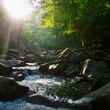
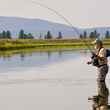

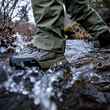
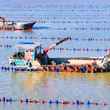
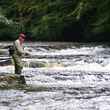
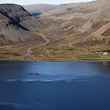
Comments